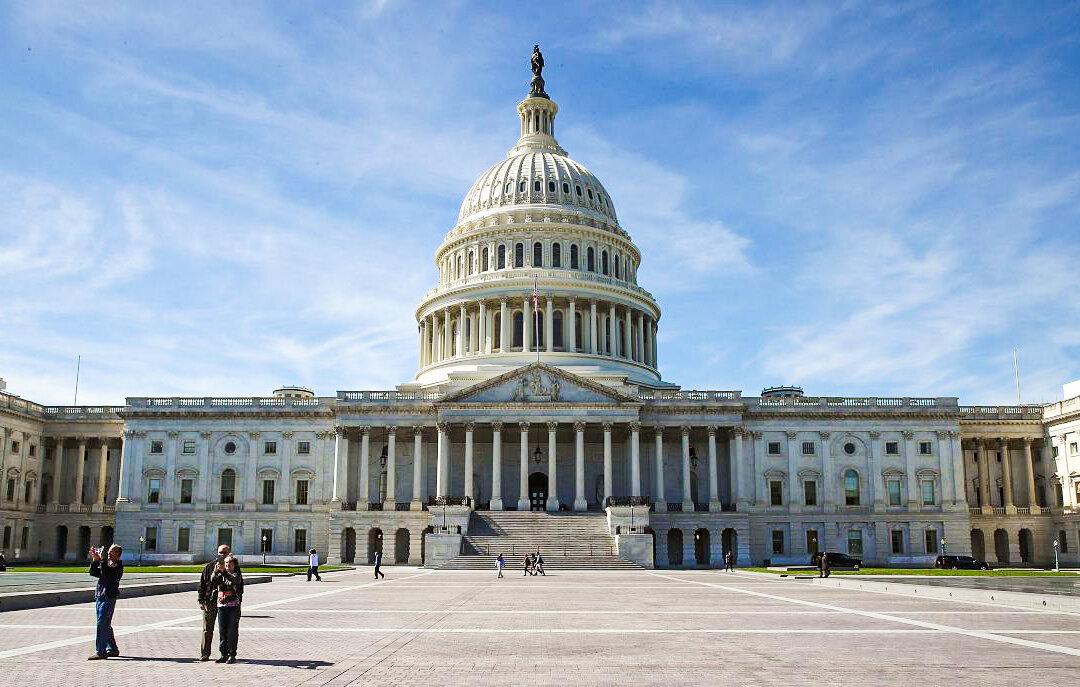News Analysis
Beijing is pressuring Americans to reject legislation aimed at making the United States more competitive against China. The FBI should investigate them, but the legislation itself is toothless.

Beijing is pressuring Americans to reject legislation aimed at making the United States more competitive against China. The FBI should investigate them, but the legislation itself is toothless.